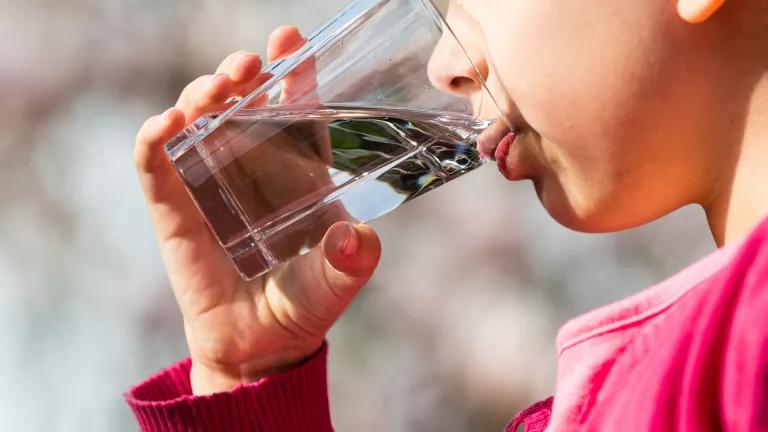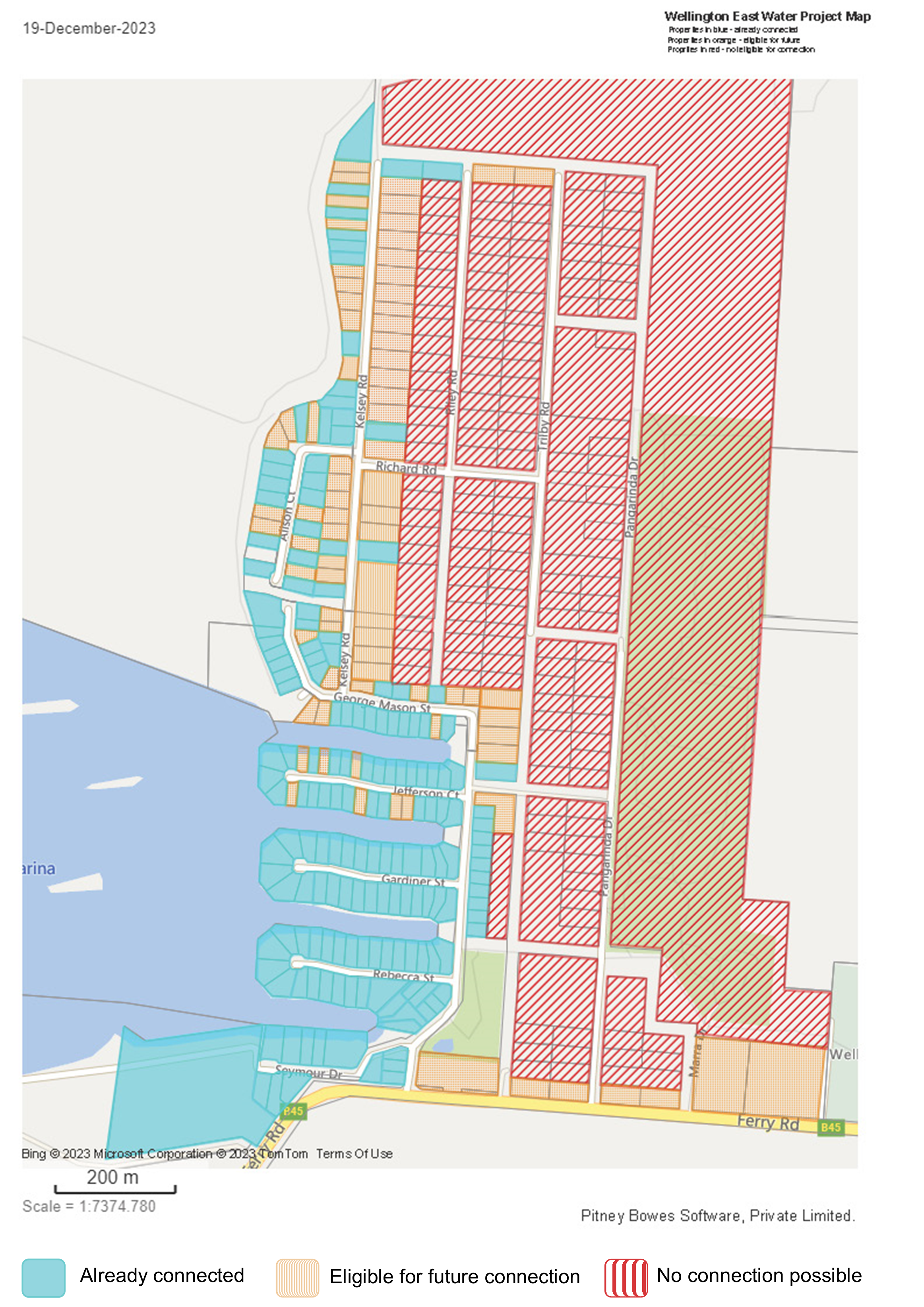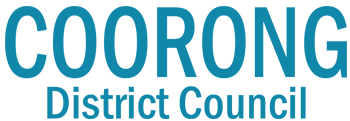Wellington East Water Supply Project
Coorong District Council owns and operates the non-drinking river water supply system which services a portion of properties located in the Wellington East township.
This water supply provides users with non-drinking river water, through a Council owned and managed system which currently services 212 properties. Over the past 12 months, Council has been working with SA Water to investigate the opportunity to convert the non-drinking water scheme to an SA Water owned and operated drinking water scheme. Council has now identified a viable approach for a potential conversion, including what would be required to bring the water supply up to drinking water standards.
Before commencing a detailed investigation, the Council is now seeking input from current customers on a proposal to convert the current non-drinking system to a drinking water system.
Council is proposing that the current water supply is converted to a fully resourced, owned and operated system by SA Water. This would require the construction of new infrastructure, including a connection from the pipeline located on the Princes Highway to Council’s existing pump station, along with upgrades to existing connections on Council’s current scheme.
With the conversion, properties located within the proposed service area (see map below) would receive safe, clean, drinking water.
To progress this proposal, current customers are being asked to review the following information to gain an understanding of the impacts the proposed transition may have.
100% cost recovery model
The Essential Services Commission of South Australia (ESCOSA) oversees the pricing of licensed water service operations in South Australia.
With the existing water supply system Council is required to adopt a 100% cost recovery model for essential services. This means that the customers of the Wellington East water supply will be required to pay a fee that covers all costs associated with providing a non-drinking water supply. These costs include operations, depreciation, capital renewal and risk.
The current charging structure for the Wellington East water supply system is estimated to cover approximately 44% of its expense associated with its operation.
To achieve full cost recovery and compliance with ESCOSA requirements, Council expects that the average annual water supply fees will rise to $776.48 per serviced property.
The proposed potable SA Water system will have the following:
Advantages
- Reliable drinking water quality
- System reliability
- Constant pressure
- Increased development opportunities
- System expansion opportunities
- Reduced costs of drinking water supply
- Convenience of household access to safe and reliable drinking water
Disadvantages
- Costs to Council and the community to provide the infrastructure
- Service interruption during construction
Costs
Based on SA Water’s 2023/24 pricing schedule, residential water prices under an SA Water owned and operated water system are shown in Table 1. This will potentially see the proposed system being offered at a lower rate ($689.31) compared to Council’s existing system ($776.48).
Table 1: SA Water 2023/24 Pricing Schedule
| Annual Supply Charge | $296.80 |
| Tier 1 - Water Use Price per litre $0.002126 Daily Threshold 0 to 383.6 L | $2.126/kL |
| Tier 2 - Water Use Price per litre $0.003035 Daily Threshold 383.6 L to 1,424.7 L | $3.035/kL |
| Tier 3 - Water Use Price per litre $0.003288 Daily Threshold above 1424.7 L | $3.288/kL |
| Average Annual Fee (based on average water usage of 171 kL) $296.80 + (140 kL x $2.126) + (31 kL x $3.035) | $689.31 |
Source: SA Water 2023/24 Pricing Schedule
By remaining with the existing Council provided non-drinking water system, individual property owners will have their average annual water supply costs of $337.60 rise to an estimated $776.48.
Maintaining the current non-drinking water supply has the following:
Advantages
- Lower infrastructure investment
- No construction interruption
Disadvantages
- Not drinkable
- Inconsistent pressure
- Susceptible to impact by natural events
- Constraints to expanding the system
Costs
Average annual water supply costs of $337.60, will rise to $776.48 as required by ESCOSA.
View all of the information above in the Wellington East Water Project information document.
A document containing responses to Frequently Asked Questions regarding the Wellington East Water Supply Project has been developed and can be viewed here.

Consultation and Engagement Participation
Wellington East residents were encouraged to consider the proposal and participate in Council’s community consultation process. Property owners were invited to attend a face-to-face community engagement session held at the Wellington Hall on Thursday, 18th January 2024 and at the Coorong Civic Centre Chambers on 24 january 2024 (this session was also held online as a webinar).
Feedback was invited by return email postal survey or online survey until 9am on Monday, 5 February 2024.
A report on the community engagement findings will be included in a future Council report.
Speak with an expert by contacting Council via email at council@coorong.sa.gov.au or James Clarke, Capital Projects Manager on 1300 785 277

Wellington East Water Supply Project Area
The Wellington East Water Supply project relates to properties highlighted blue on the map (right).
Properties outside of this area at this stage will not be able to access the proposed SA Water drinking supply, however the system will have the capacity for future expansion.
Project Timelines
Following stage one of community engagement, a report will be prepared and presented to the March 2024 Ordinary Council meeting. The report will feature the community's feedback and thoughts on the proposal, which will help guide Council's decision making.
| Community Engagement | 18 December 2023 to 5 February 2024 |
| Findings report completed and presented to March 2024 Ordinary Council meeting | March 2024 |
| Community advised of outcomes | April 2024 |
| Project scope - design and funding model developed (subject to engagement outcomes) | May to June/July 2024 |
| Community Engagement - community informed of design and funding model, and project delivery timeframes | July/August to October 2024 |
